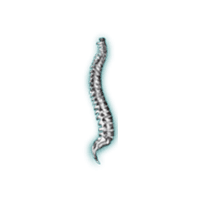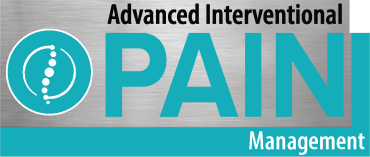
Advanced Interventional Pain Management
Interventional Pain Management Specialists located in Hot Springs, AR & Little Rock, AR
Leg pain might be a sign of a circulatory disorder but is often musculoskeletal in nature. You can get an accurate diagnosis of the cause of your leg pain and expert treatment from interventional pain management specialists Jacob Abraham, MD, and Ryan Stuckey, MD, at Advanced Interventional Pain Management. At the practice in Hot Springs, Little Rock, Texarkana, El Dorado, Arkadelphia, and Mena, Arkansas, the dedicated team provides expert treatments including image-guided joint injections and radiofrequency genicular neurotomy. Call the office nearest you today to schedule a consultation or book an appointment using the online form.
Leg Pain Q & A
What causes leg pain?
Acute leg pain could be due to a potentially life-threatening circulatory disorder like a deep vein thrombosis (DVT). Chronic leg pain is often due to problems like peripheral arterial disease (PAD) or chronic venous insufficiency (CVI).
These types of disorders cause poor circulation in your legs, leading to claudication (pain that eases when you stop moving) and complications like varicose veins and leg ulcers.
Acute leg pain could also be due to injuries such as fractures and dislocations, damaged tendons or ligaments, and torn muscles.
The Advanced Interventional Pain Management team specializes in treating musculoskeletal causes of chronic leg pain.
What musculoskeletal conditions cause chronic leg pain?
One of the most common reasons to have leg pain is arthritis. Of the many forms of arthritis, osteoarthritis is the most likely to cause leg pain. It develops after excessive wear-and-tear on your joints leaves your bones vulnerable to friction and inflammation.
Other musculoskeletal conditions that cause leg pain include:
- Meniscal tears
- Cruciate ligament tears
- Sprained ankles
- Achilles tendinitis
- Hamstring strains
- Shin splints
Another reason why you might develop leg pain is nerve compression in your spine and pelvis. Common conditions like herniated discs, facet joint arthritis, spinal stenosis, and bone spurs can cause pinching of the nerves where they come off your spinal cord.
This type of nerve compression is known as radiculopathy. A common form of radiculopathy is sciatica, which develops when the sciatic nerve comes under pressure. As well as low back pain, sciatica causes a shooting pain that follows the path of the sciatic nerve down your leg.
How is leg pain treated?
Treatments for leg pain vary depending on the cause, severity, and extent of your condition. Factors like your age and overall health, and what you hope to do when you recover, can also influence your treatment.
Your provider at Advanced Interventional Pain Management prepares a personal care plan for you that could include treatments such as:
- Physical therapy
- Pain-relieving medication
- Anti-inflammatory medication
- Steroid injections into the joint
- Genicular nerve block
- Radiofrequency ablation
Radiofrequency genicular neurotomy (also known as radiofrequency ablation or rhizotomy) is an advanced treatment for leg pain not responding to more conservative treatments. It uses radio wave energy to switch off the pain transmissions sent by your genicular nerves to your brain.
If you have chronic leg pain and it isn’t improving, call Advanced Interventional Pain Management today to schedule a consultation or book an appointment online.
